Water Heater Repair: Essential San Mateo Troubleshooting Tips
Our comprehensive guide offers practical tips and smart repair advice for common water heater issues. From troubleshooting a pilot light that won't stay lit to addressing sudden leaks, we provide solutions to save you from frustration and potential costs. Rest assured, we've got you covered!

How does a water heater work?
Knowing the basic functioning of a water heater is essential for effective troubleshooting. When cold water enters the tank, it's heated either by electricity or gas. As you use hot water, the tank refills, and the heated water flows through the plumbing to reach your taps. Understanding these fundamentals can help you identify and address any problems that may occur with your water heater.

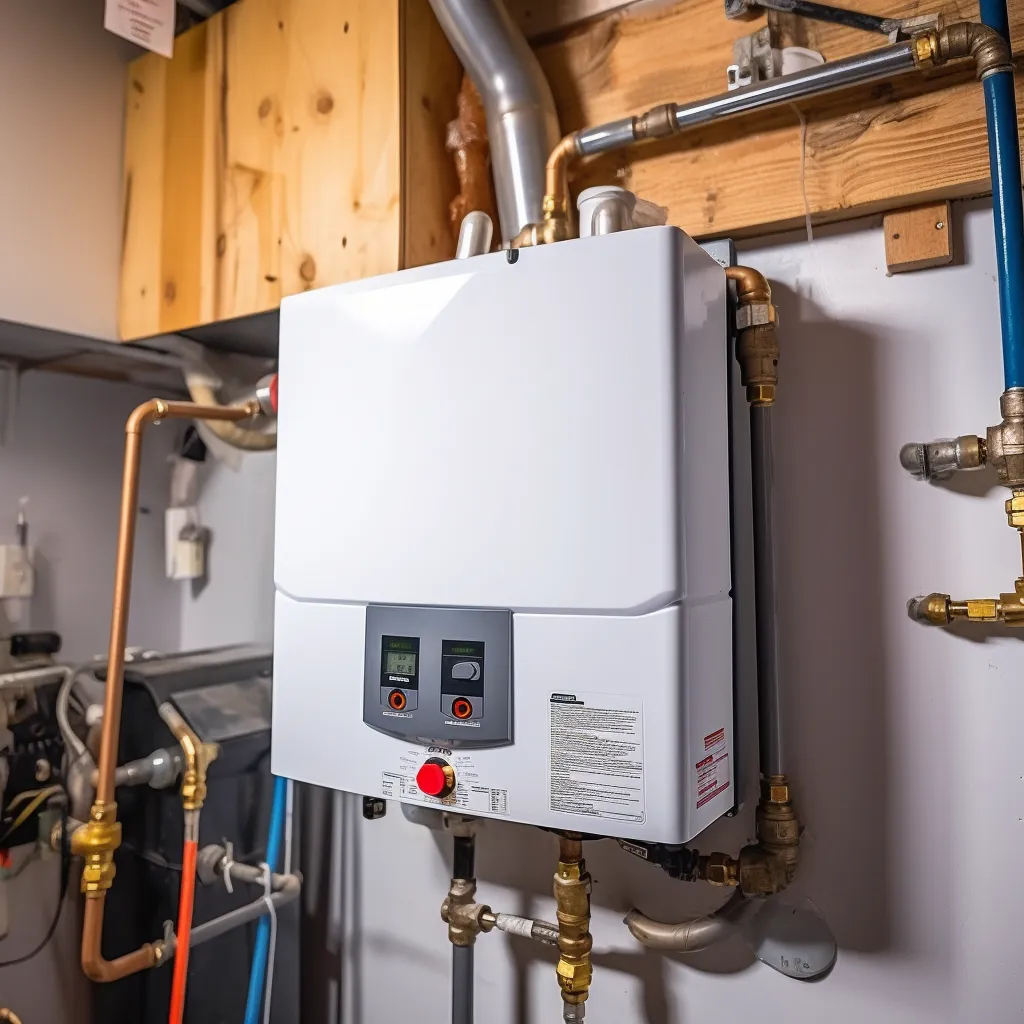
To avoid breakdowns, proper water heater maintenance is essential
Regular water heater maintenance is crucial to avoid breakdowns and ensure a consistent supply of hot water. Performing simple tasks such as annual draining and flushing helps prevent sediment buildup, which can prolong your water heater's lifespan. It's also essential to inspect the temperature and pressure relief valve regularly for efficient operation and safety. By following these maintenance practices, you can enjoy hot water whenever you need it, without any unexpected issues.
What are common signs a water heater
needs to be repaired or replaced?
Water heaters play a vital role in supplying hot water whenever needed, but they do have a limited lifespan. Regular inspections are necessary to keep them in top shape and detect potential problems that may require repairs or replacement. Look out for the following signs, as they might prompt you to search for "water heater repair near me":
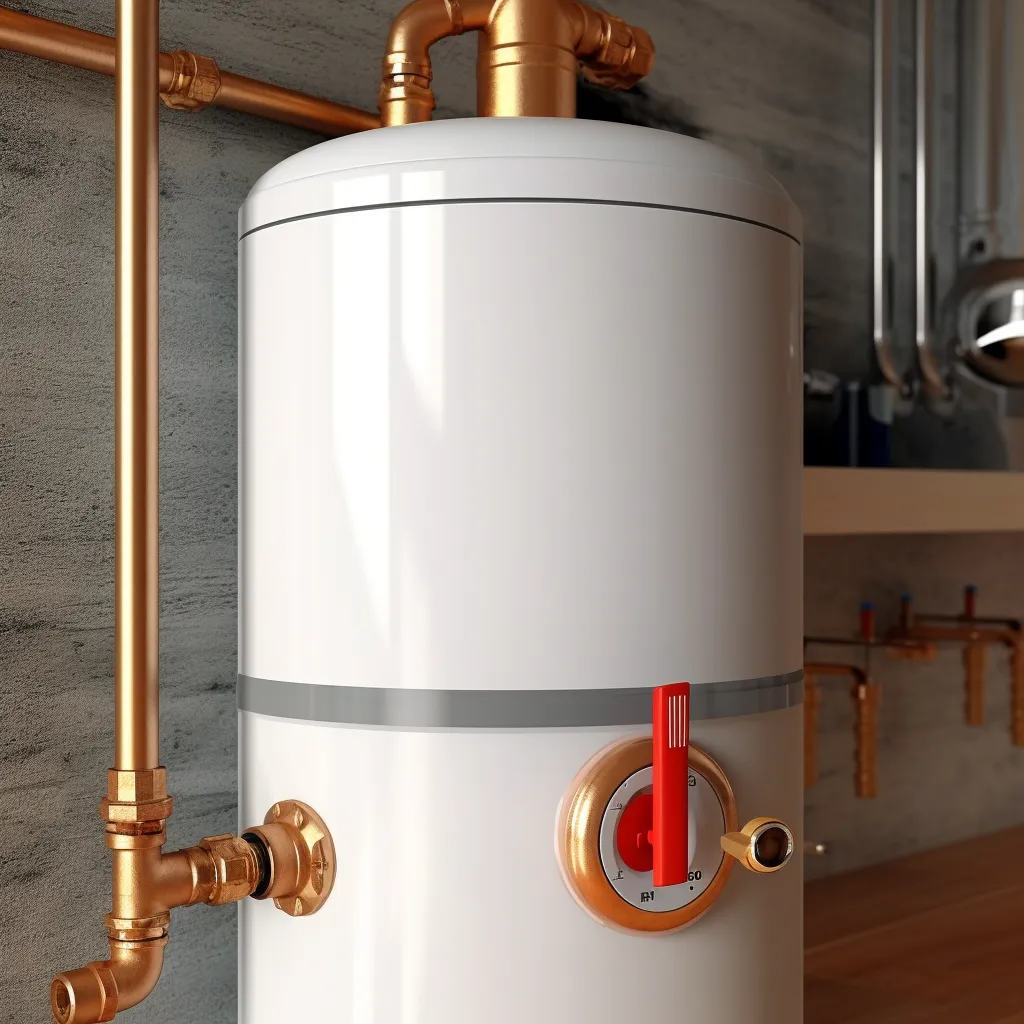
Inconsistent or inadequate hot water supply: If you notice fluctuations in water temperature or have trouble getting enough hot water, it could indicate a problem with your water heater.
Unusual noises: Strange sounds like banging, popping, or rumbling noises may indicate sediment buildup or other issues within the water heater.
Leaks or puddles: Any signs of water leakage around your water heater are a cause for concern and should be addressed promptly.
Rusty or discolored water: If your hot water appears rusty or discolored, it could be a sign of corrosion inside the tank.
Foul odors: Foul smells coming from your hot water may indicate bacterial growth in the tank.
Age of the water heater: If your water heater is reaching the end of its expected lifespan (usually around 8-12 years for tank water heaters), it may be time to consider replacement.
If you notice any of these signs, it's important to contact a professional water heater repair service to assess the issue and determine the best course of action. Timely repairs can help extend the life of your water heater and ensure reliable hot water for your home.

What are the possible causes of water heater malfunctions?
Water heaters may experience malfunctions due to various factors, including faulty thermostats, electrical problems, or sediment accumulation. While homeowners can handle minor issues, persistent problems might indicate underlying home system issues.
To avoid unexpected breakdowns and maintain uninterrupted heating, regular maintenance and attentive observation of warning signs are essential.
Scheduling routine maintenance checks and addressing problems promptly is recommended. If uncertainty persists or issues continue, seeking professional assistance is advisable to diagnose and resolve underlying causes. This approach ensures the long-term reliability and efficiency of your water heating system.
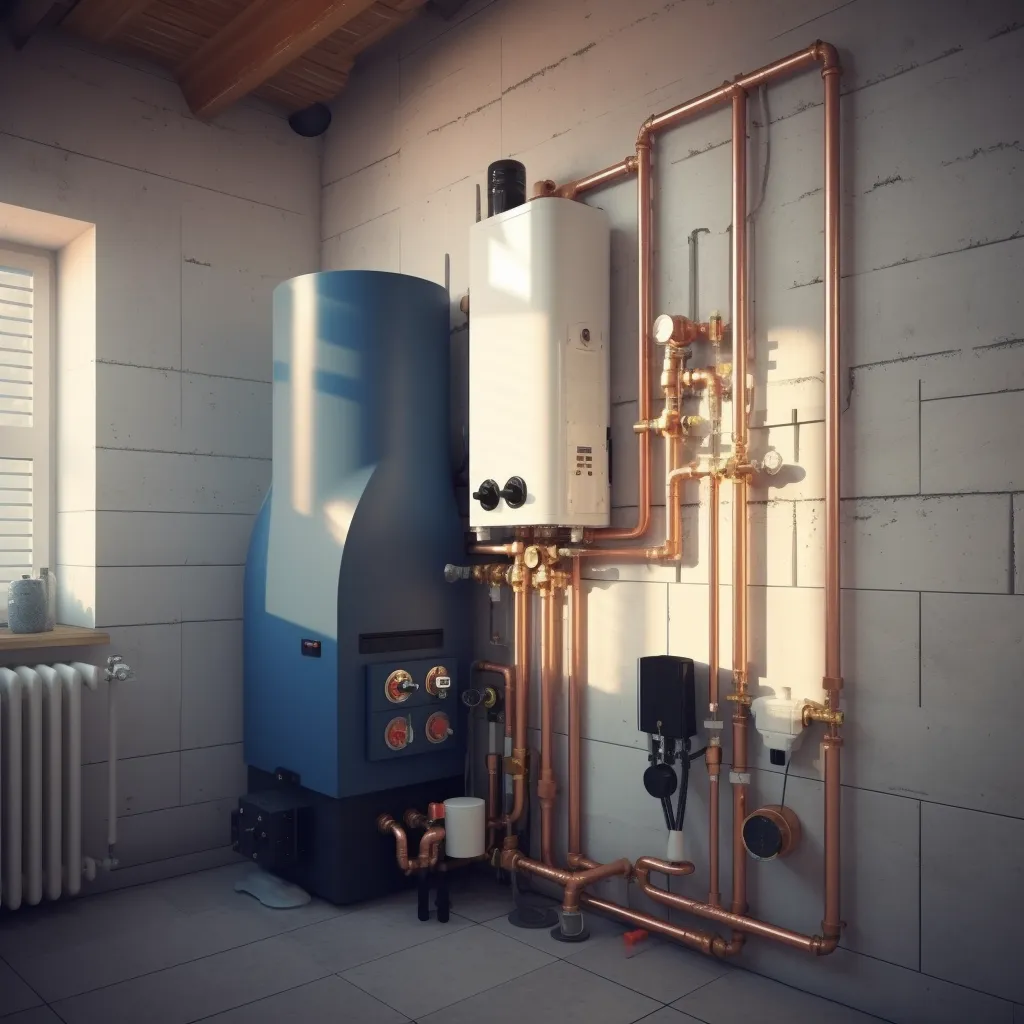
Check the temperature setting on your water heater
Checking and setting the water heater temperature is vital for efficiency and safety. An excessively high temperature can lead to scalding and energy wastage, while a too-low setting may cause inadequate hot water. Luckily, adjusting the temperature is a simple task that ensures your comfort and convenience in the long term. For optimal efficiency and safety, the Department of Energy suggests setting the water heater temperature to 120°F (49°C).

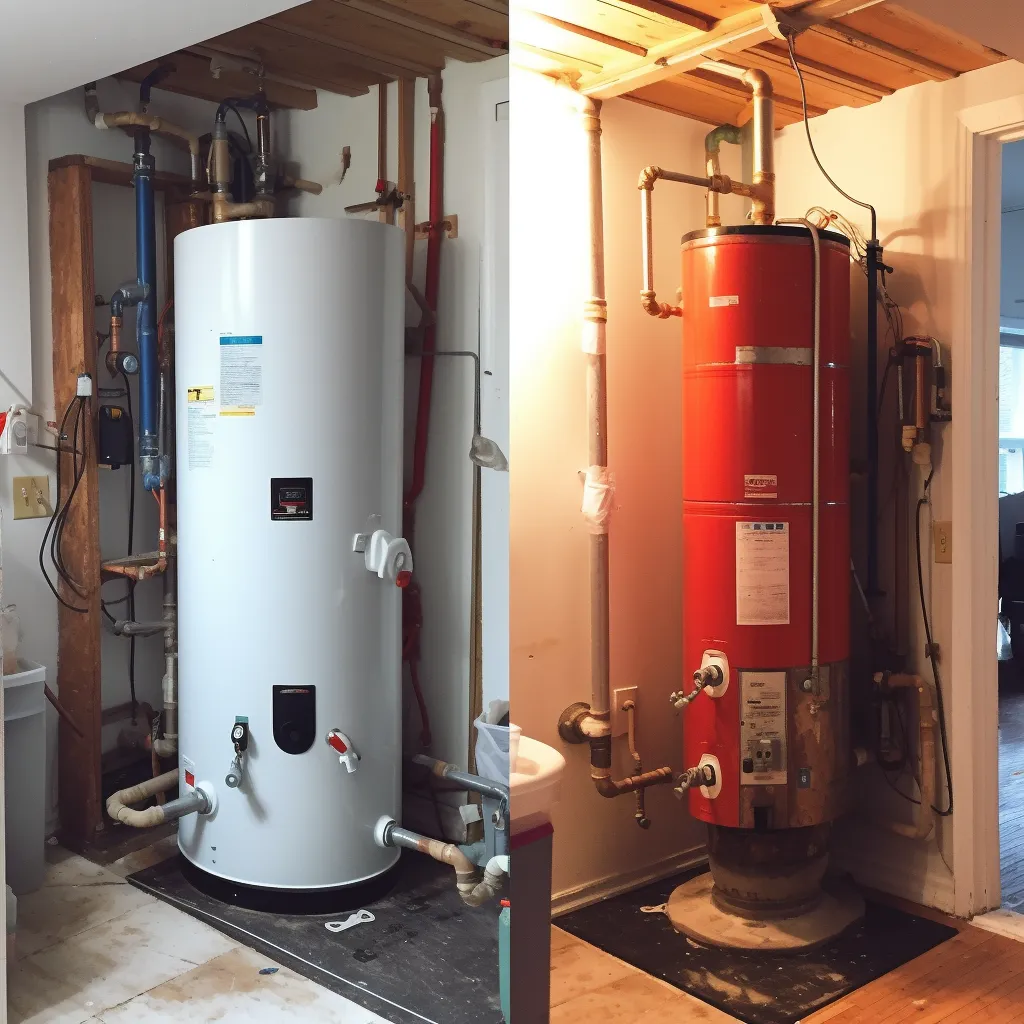
Perform regular
visual inspections
Performing regular visual inspections of your water heater is essential for identifying potential issues early on and ensuring its optimal performance. During these inspections, look for signs of rust, corrosion, leaks, or any unusual noises or odors coming from the unit. Additionally, check the area around the water heater for signs of water damage or moisture. If you notice any concerning issues, promptly address them or seek professional assistance to prevent further damage and maintain the efficiency of your water heater.
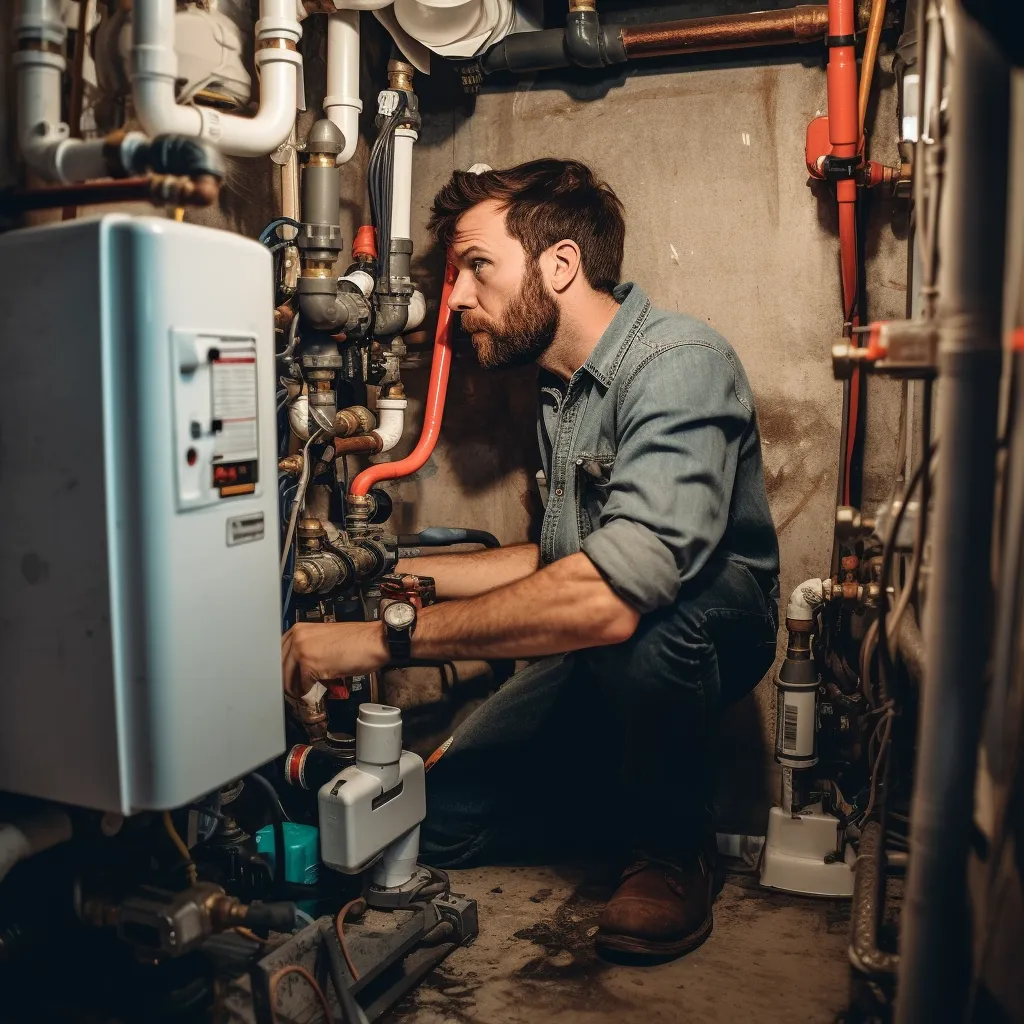
Test the water heater pressure relief valve
to make sure it works
For safety and proper assessment, it is recommended to have a professional plumber or technician test the water heater pressure relief valve. They have the expertise to ensure it functions correctly and can address any issues that may arise during the inspection.
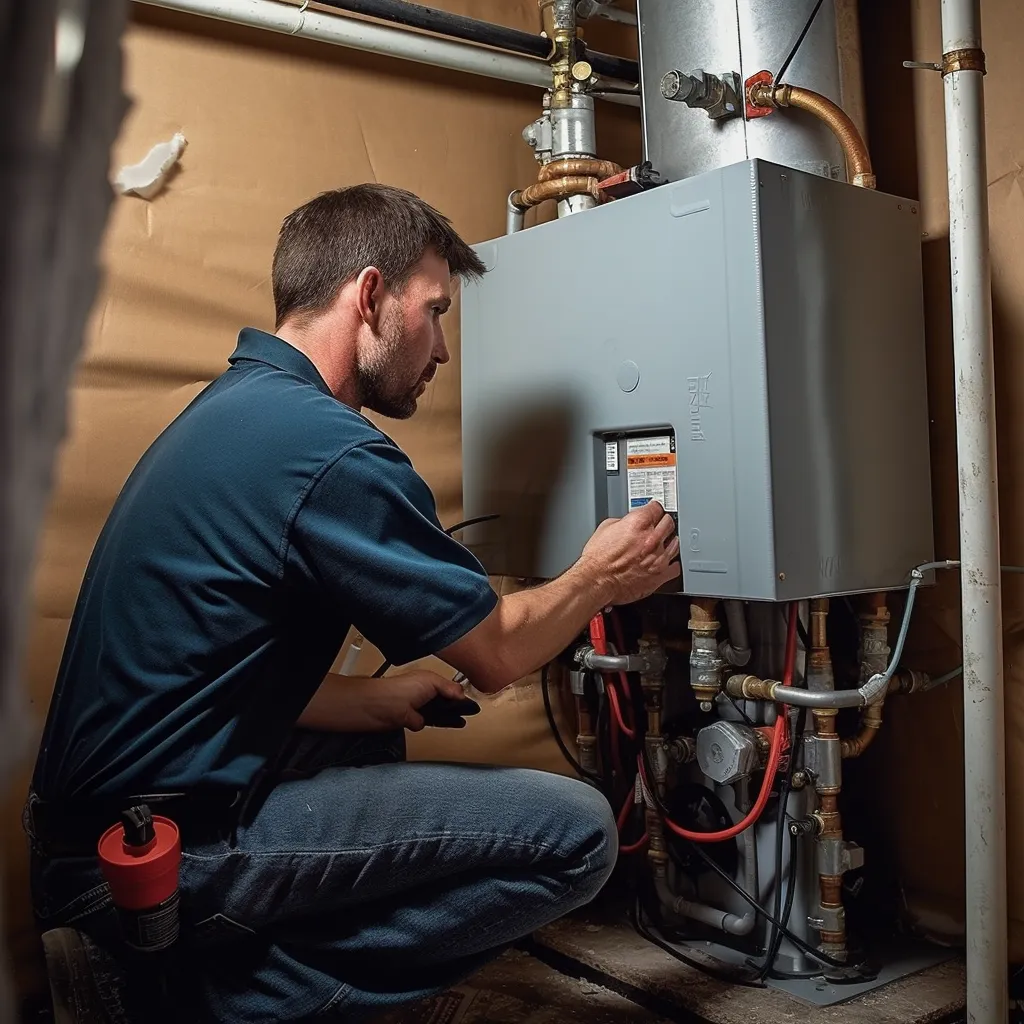
Check for signs of rust and corrosion
around the water heater tank
Performing regular inspections of your water heater tank is essential for preventive maintenance and minimizing the risk of leaks and accidents. Rust and corrosion may not always be visible, but they can lead to significant issues if left unchecked. Give your water heater the care and attention it deserves by prioritizing these inspections.
By proactively identifying and addressing rust or corrosion, you can prevent potential leaks and extend the lifespan of your water heater. However, it is important to remember that handling rust and corrosion requires professional expertise. If you detect any signs of rust or corrosion during your inspection, it is best to rely on the assistance of skilled professionals.
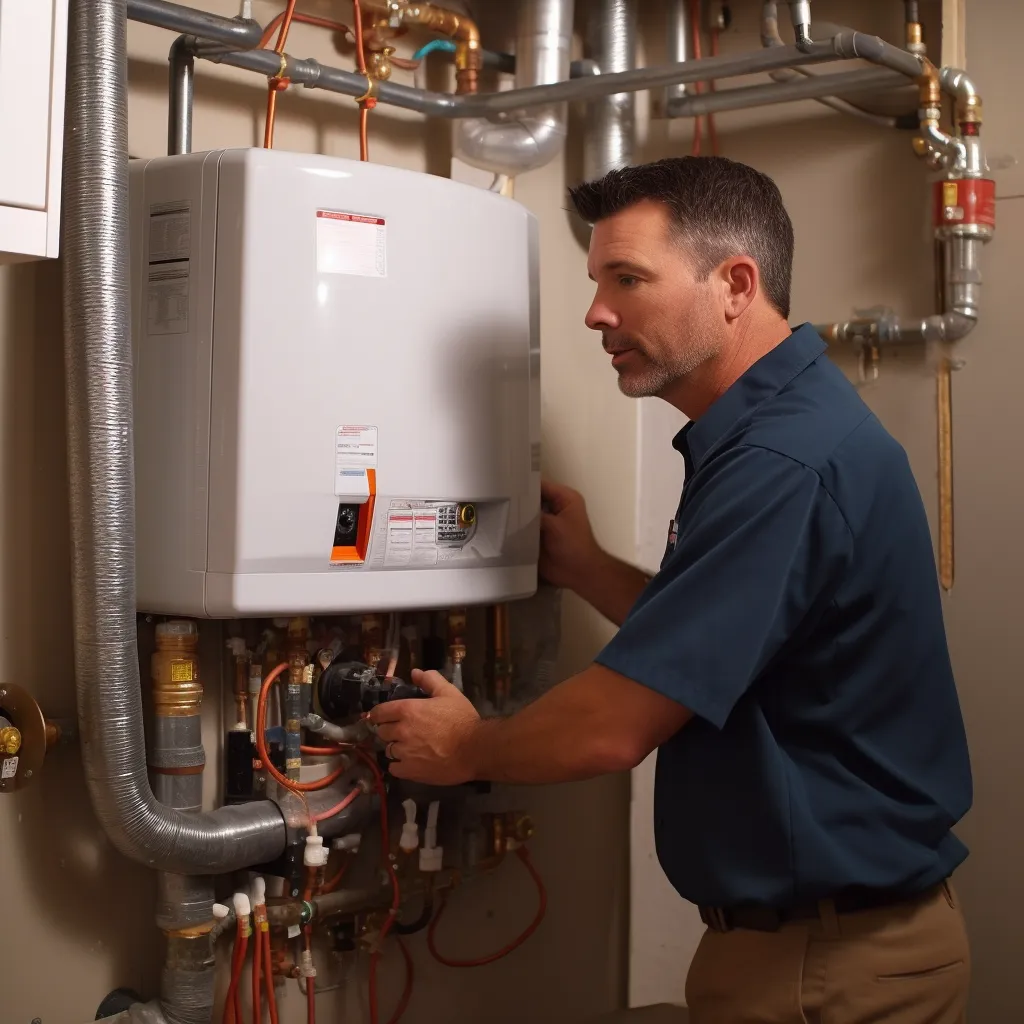
Water heater connections should be tight and secure
It is crucial to ensure that the connections are tight and secure. This is because a well-fitted and securely connected water heater not only guarantees efficient operation but also prevents potential leaks or accidents. When replacing a water heater, the first step is to carefully inspect the connections. This includes checking the pipe fittings, valves, and any other components involved. It is essential to make sure that these connections are properly tightened, as loose connections can lead to water leaks, structural damage, and even elevated utility bills due to wasted energy. To ensure a secure connection, it is recommended to use Teflon tape or pipe dope. These materials provide extra sealing and help to prevent leaks at threaded connections. Apply the Teflon tape or pipe dope in a clockwise direction to achieve the best results. Additionally, if the water heater has been in use for a while, it is necessary to inspect the condition of the connections. Over time, corrosion or wear and tear may weaken the joints. In such cases, it is advisable to replace any damaged or deteriorated components to maintain the integrity of the overall system. By paying attention to the tightness and security of the connections, homeowners can ensure a long-lasting and problem-free operation. It is always recommended to consult a professional plumber who specializes in water heater installation to ensure that every step of the replacement process is performed correctly and efficiently.

Keep the water heater and pipes free of sediment buildup
Regularly keeping the water heater and pipes free of sediment buildup is crucial for maintaining the efficiency and longevity of your water heating system. Sediment accumulation can hinder heat transfer, reduce energy efficiency, and lead to premature wear and tear on the unit. To prevent sediment buildup, consider draining and flushing the water heater annually. Additionally, using a water softener can help minimize sediment formation in the pipes, ensuring a continuous supply of hot water and reducing the need for repairs. If you are unsure about performing these tasks, it's best to seek the assistance of a professional plumber to ensure proper maintenance and prevent any potential issues.

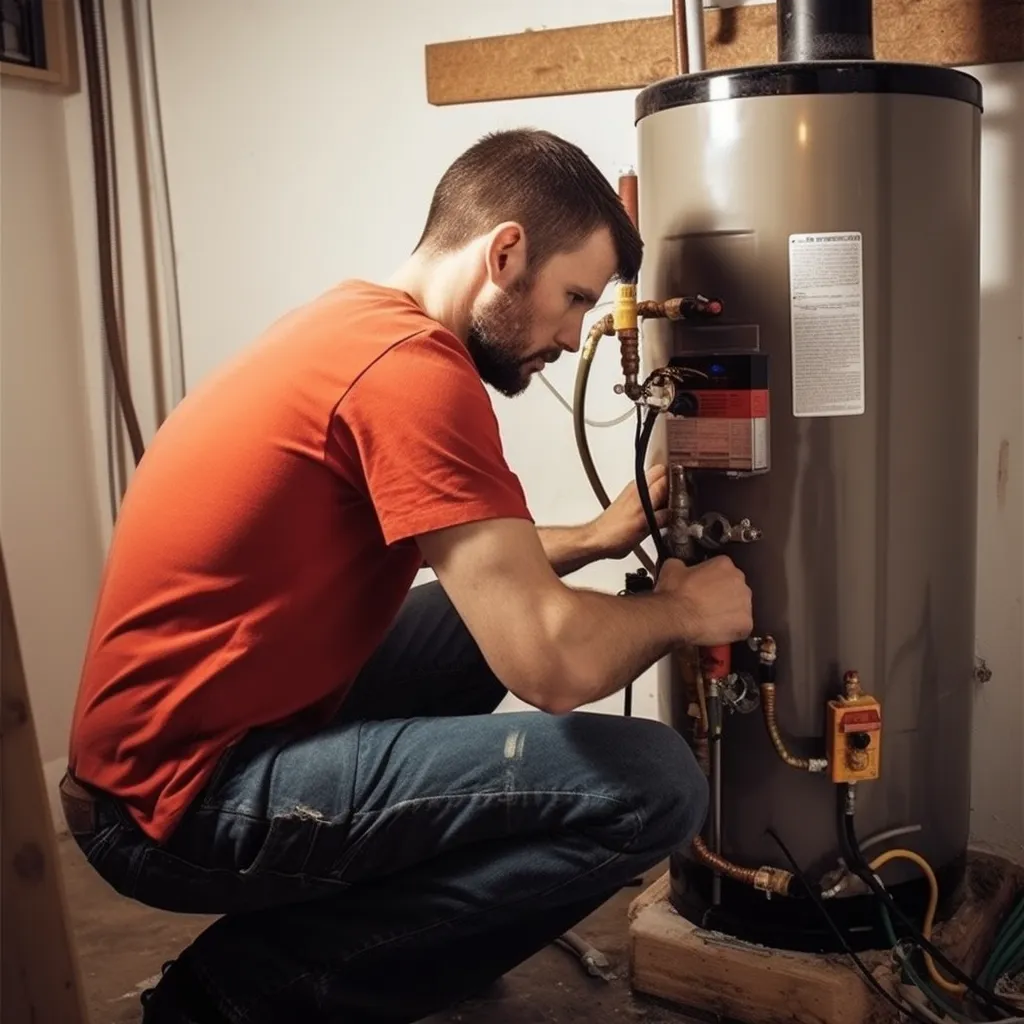
Keep the water heater burner assembly clean
Regularly cleaning the water heater burner assembly is essential for ensuring its optimal performance and efficiency. Over time, dust, debris, and soot can accumulate on the burner, hindering its ability to generate heat effectively. This buildup can lead to inefficient heating, higher energy consumption, and potential malfunctions.
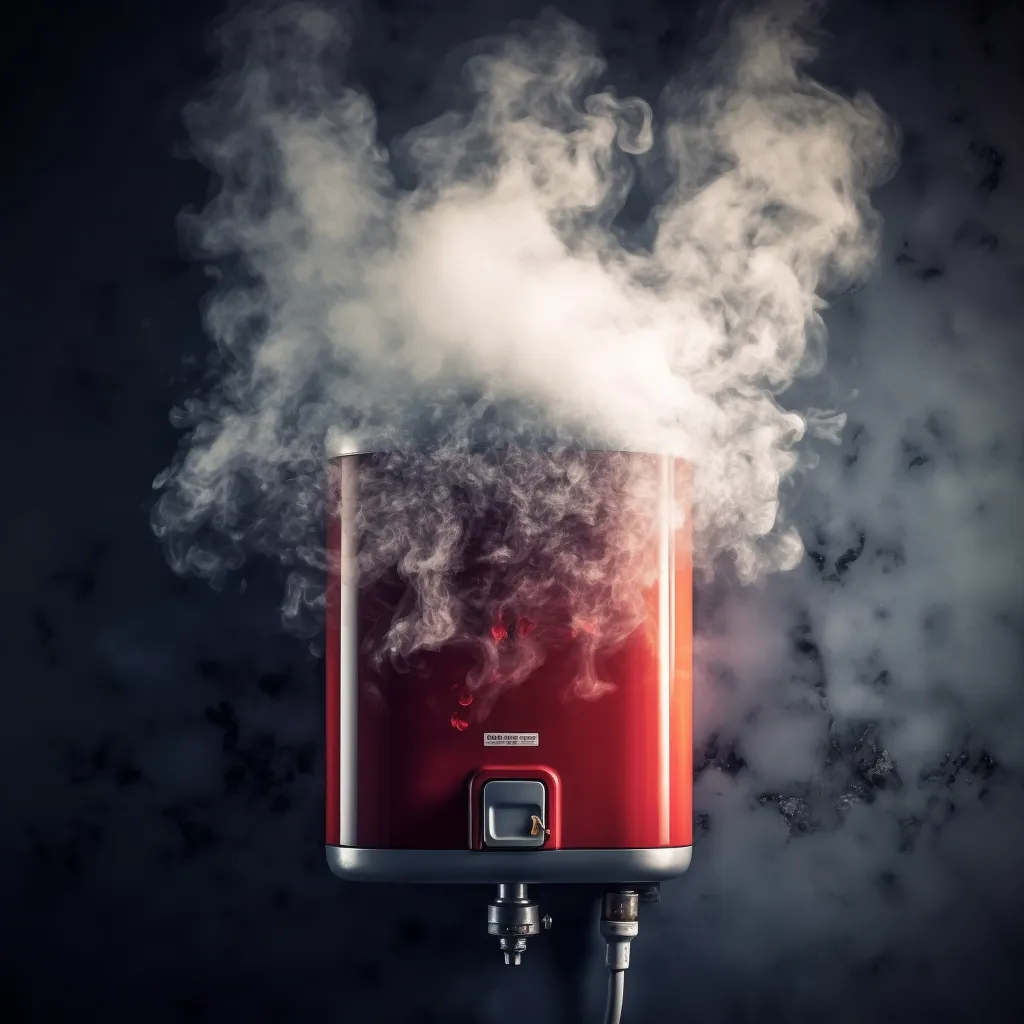
Check out the variety of water heater options available and learn how to keep each type in tip-top shape
Regular maintenance is crucial for various water heater types to ensure their optimal performance and longevity. Here are some maintenance tasks to consider for different water heater models:
Gas water heaters: Benefit from an annual tank flushing to eliminate sediment buildup.
Electric water heaters: May require the replacement of the anode rod, depending on age and condition.
Tankless water heaters: Should undergo descaling every few years to maintain optimal performance of the heating elements.
Solar water heaters: Should receive an annual check to assess the functionality of panels and other components.
Condensing water heaters: Essential to conduct annual maintenance checks for corrosion and other potential issues.
Smart water heaters: May need software updates and firmware changes.
Heat pump water heaters: Should undergo an annual inspection to detect any excess heat or concerns.
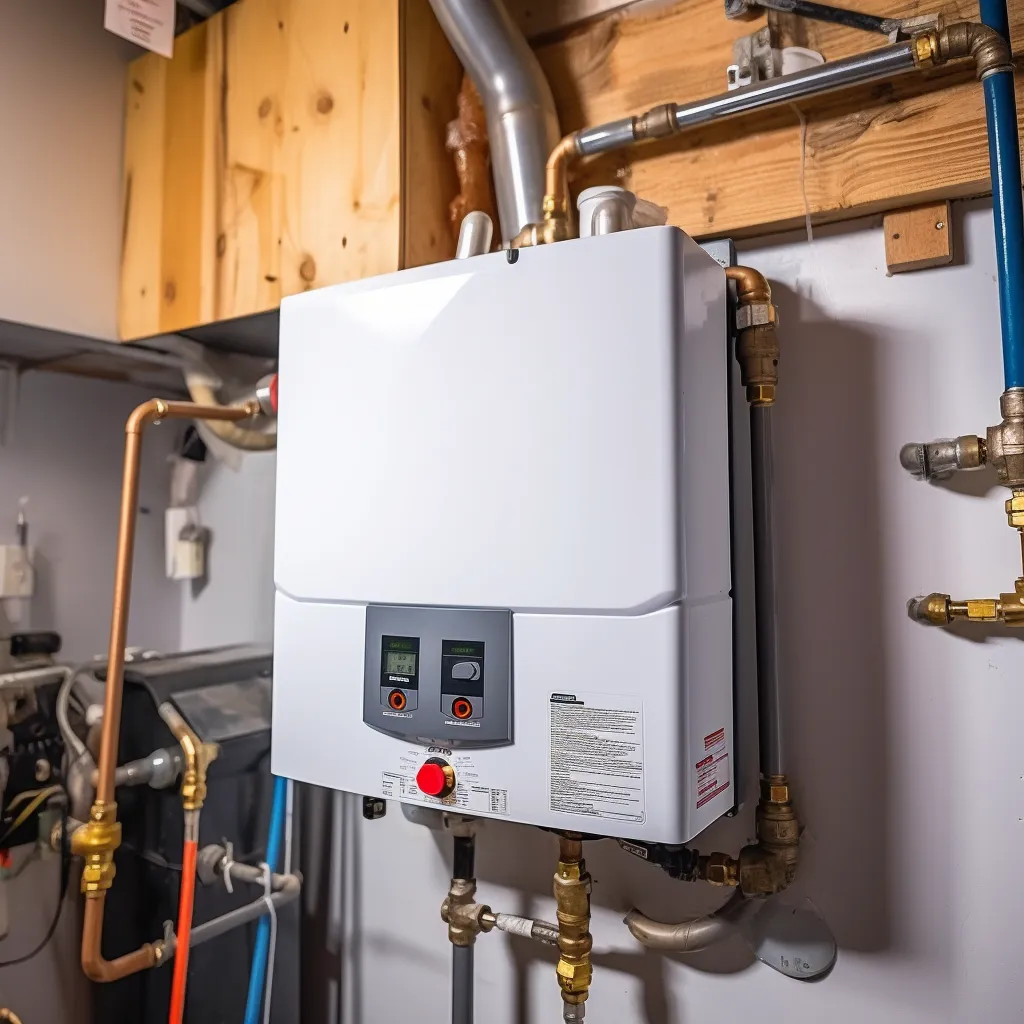
Troubleshooting tips
to help you identify
water heater problems
If you're encountering water heater problems such as insufficient hot water, temperature fluctuations, unusual noises, or leaks, you can attempt troubleshooting before contacting a technician. First, check the heating element to ensure it is functioning properly, and verify the thermostat settings. Flushing out any sediment buildup can also improve performance. Lastly, inspect the unit for leaks. These straightforward steps might help you diagnose and possibly address the issues, saving both time and money. However, if you are uncertain or unable to resolve the problems, it's best to seek the expertise of a qualified technician to ensure safe and effective repairs.
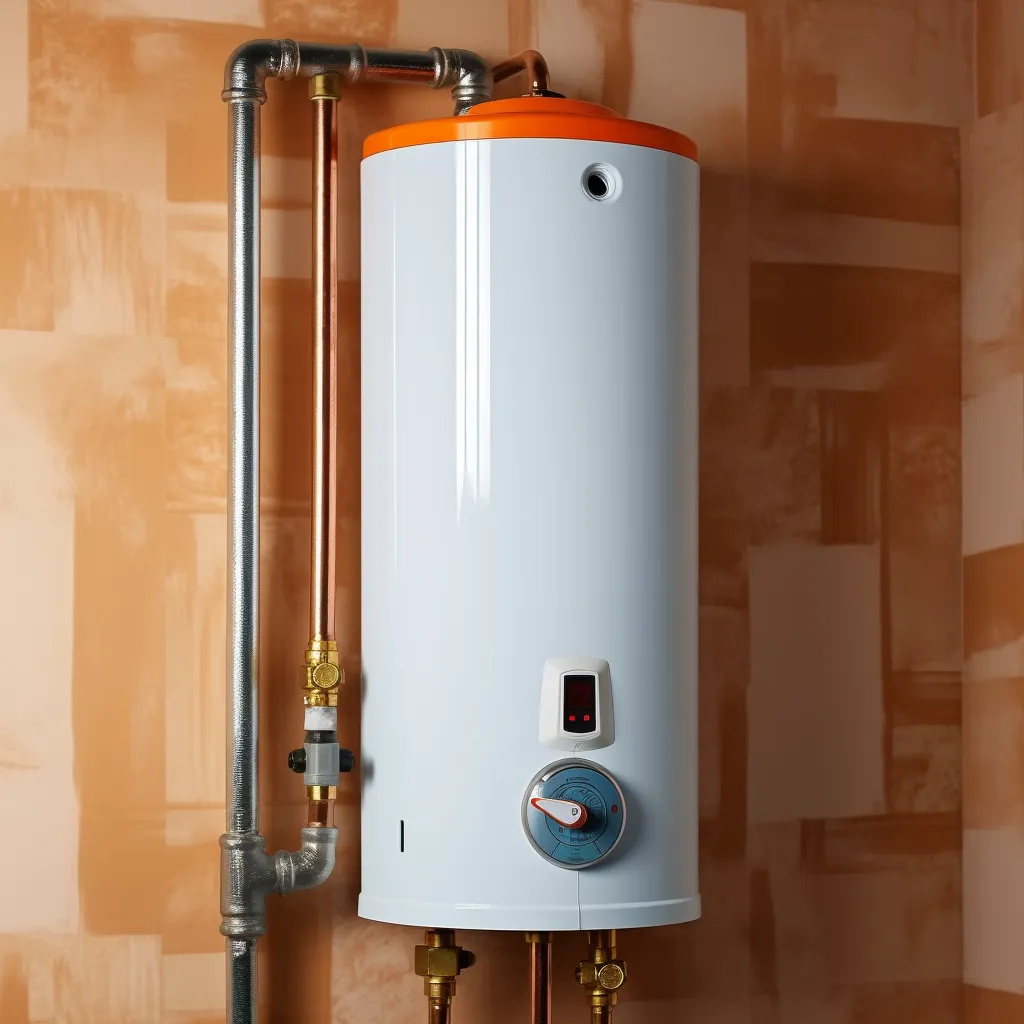
Benefits of hiring a licensed water heater professional
Ensuring your safety and comfort is paramount when facing a damaged or faulty water heater. To effectively address the issue, hiring a licensed plumber is the wisest choice. The advantages of relying on a licensed professional include:
Expertise: Licensed plumbers have the necessary knowledge and skills to diagnose and fix water heater issues accurately.
Safety: Professionals prioritize safety during repairs, minimizing the risk of accidents or further damage.
Code Compliance: Licensed plumbers are familiar with building codes and regulations, ensuring that the repairs meet legal requirements.
Quality Workmanship: Professionals deliver high-quality repairs, maximizing the water heater's lifespan and efficiency.
Warranty Coverage: Some water heaters have warranties that may become void if repairs are not performed by licensed technicians.
Peace of Mind: Hiring a licensed plumber gives you peace of mind, knowing that the repair work is in capable hands and backed by experience and training.
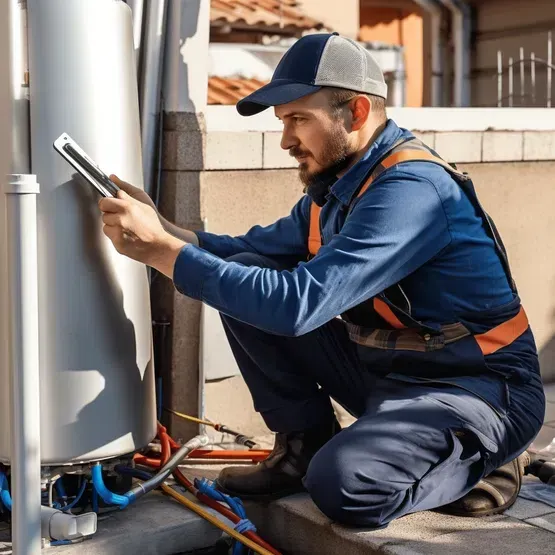
Research is important
Maintaining your water heater is essential for its efficient and trouble-free operation. Regularly monitor the temperature, pressure, and connections to ensure they are within safe and optimal ranges. Check for any signs of corrosion or sediment buildup, and promptly address them to prevent damage and prolong the water heater's lifespan.
Take the time to research and familiarize yourself with the specific maintenance needs of your water heater type. Different models may require different care to function optimally. If you encounter any malfunctions or issues that you are unsure how to handle, it's best to consult a licensed professional. Their expertise and guidance can provide valuable insights and ensure that your water heater remains in top condition, saving you time and money on potential repairs and replacements in the long run.
Contact Us
GET IN FULL TOUCH
PHONE: (650) 337-0872
EMAIL:
ifran@waterheatersinsanmateo.com
All Pro Plumbing and Rooter
San Mateo, CA 94401
